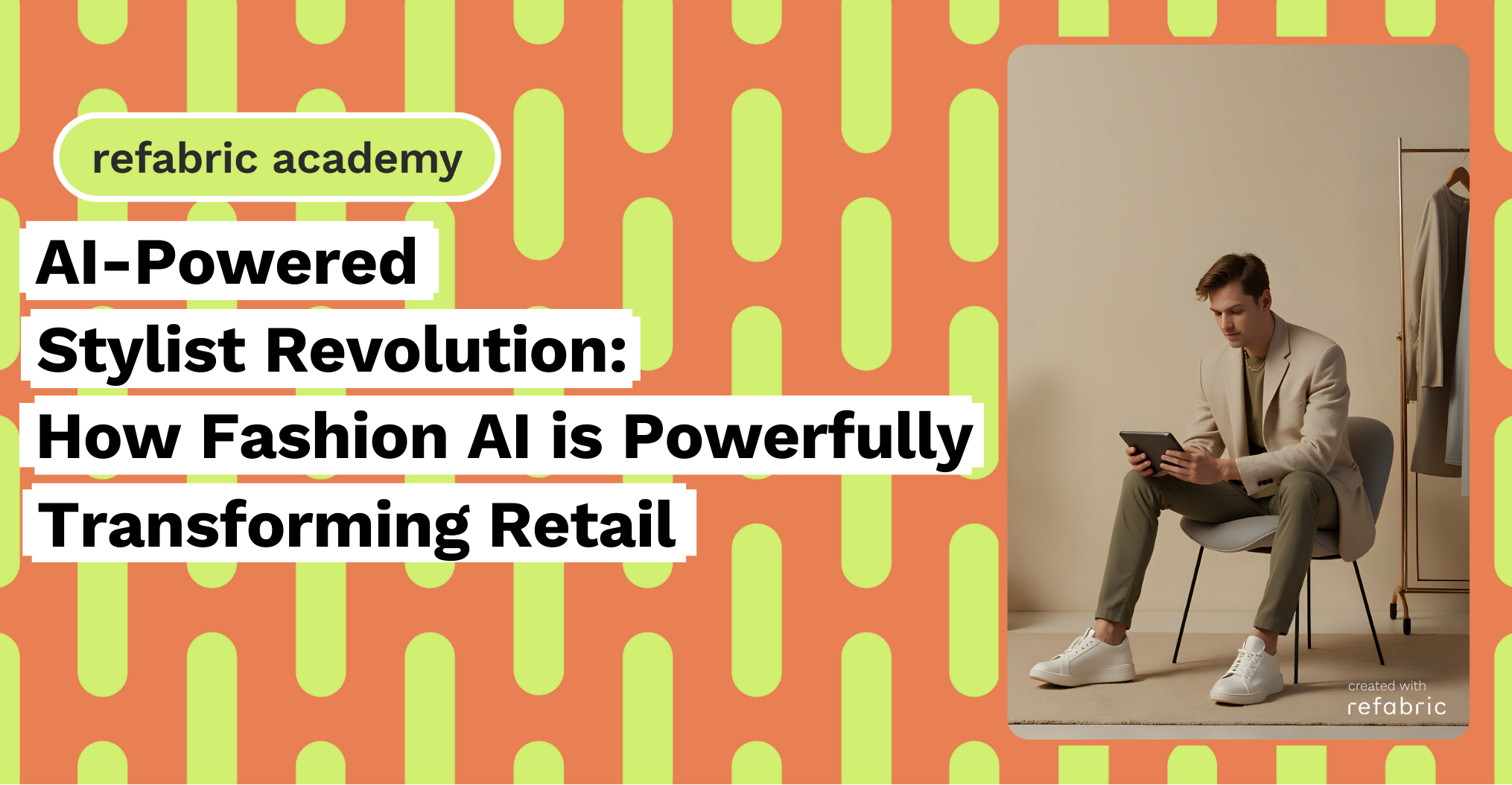Fashion AI is reshaping the landscape of fashion retail, and nowhere is this more evident than in the rise of AI-powered personal stylists. These digital assistants, driven by advanced machine learning algorithms, are transforming how consumers interact with brands and how retailers adapt to meet evolving customer demands. The question now is: are AI-powered personal stylists the future of fashion retail?
The Emergence of AI-Powered Stylists
AI-powered stylists operate as digital personal shoppers, leveraging data analytics, predictive algorithms, and real-time trend tracking to curate outfits tailored to individual tastes. By analyzing user preferences, purchase history, and even social media activity, these stylists can provide highly personalized recommendations. Platforms like Stitch Fix, Zalando, and Farfetch have embraced fashion AI tools to refine their personalization strategies, delivering bespoke style suggestions that blur the lines between human expertise and machine efficiency.
The appeal of these AI stylists lies in their ability to cater to the growing consumer demand for personalization. Modern shoppers are inundated with choices and often overwhelmed by the sheer volume of options available online. Fashion AI addresses this pain point by narrowing the selection, offering curated suggestions that resonate with the individual’s unique style. As a result, consumers enjoy a seamless, stress-free shopping experience that feels bespoke and intuitive with the help of fashion AI.
Shaping Consumer Behavior with Fashion AI
The impact of AI-powered personal shoppers on consumer behavior is profound. By offering hyper-personalized experiences, these stylists foster deeper brand loyalty and engagement. Shoppers who feel understood and valued are more likely to return to a retailer that consistently meets their preferences. Furthermore, AI stylists are accelerating the shift toward digital-first shopping habits. As online retail becomes increasingly dominant, these tools bridge the gap between the impersonal nature of e-commerce and the personalized touch of in-store experiences.
Moreover, AI stylists are influencing purchasing decisions in real-time. By analyzing current trends and integrating contextual data, such as weather, events, or occasions, they can suggest timely recommendations that increase conversion rates. For instance, an AI-powered stylist might recommend a lightweight jacket during a cool-weather season or a cocktail dress ahead of the holiday party season based on fashion AI data. This contextual relevance not only drives sales but also enhances the customer experience.
Transforming Retailer Strategies
For retailers, the adoption of AI stylists represents a strategic shift toward data-driven decision-making. These fashion AI tools enable brands to better understand their customers, identifying trends and preferences at an unprecedented level of granularity. With insights gleaned from fashion AI, retailers can optimize inventory management, reducing overstock and minimizing waste. This is particularly critical in an era where sustainability is a key concern for both consumers and businesses.
Additionally, AI stylists can help retailers diversify their revenue streams. Subscription-based models, for example, can be enhanced with AI-powered personalization, offering curated boxes of clothing tailored to each subscriber’s style. This approach not only boosts customer retention but also provides predictable revenue for retailers.
Another transformative aspect is the potential for AI stylists to democratize fashion. By offering high-quality styling advice at scale, these tools make personalized fashion accessible to a wider audience. Consumers who may not have considered hiring a personal stylist can now enjoy similar benefits through AI-driven platforms, breaking down barriers and fostering inclusivity within the industry.
As AI-powered personal stylists become increasingly sophisticated, their role in shaping the future of fashion retail cannot be overstated. These tools are redefining how consumers shop and how retailers engage with their audiences. By offering personalized, convenient, and scalable solutions, fashion AI is paving the way for a more efficient and inclusive retail ecosystem.
In the coming years, we can expect further advancements in this field, from enhanced predictive capabilities to the integration of augmented reality for virtual try-ons. As these innovations unfold, one thing is clear: the fusion of fashion and fashion AI is not just a trend, it is the future. AI-powered stylists are poised to become an integral part of the shopping experience, transforming the way we discover, purchase, and connect with fashion.
